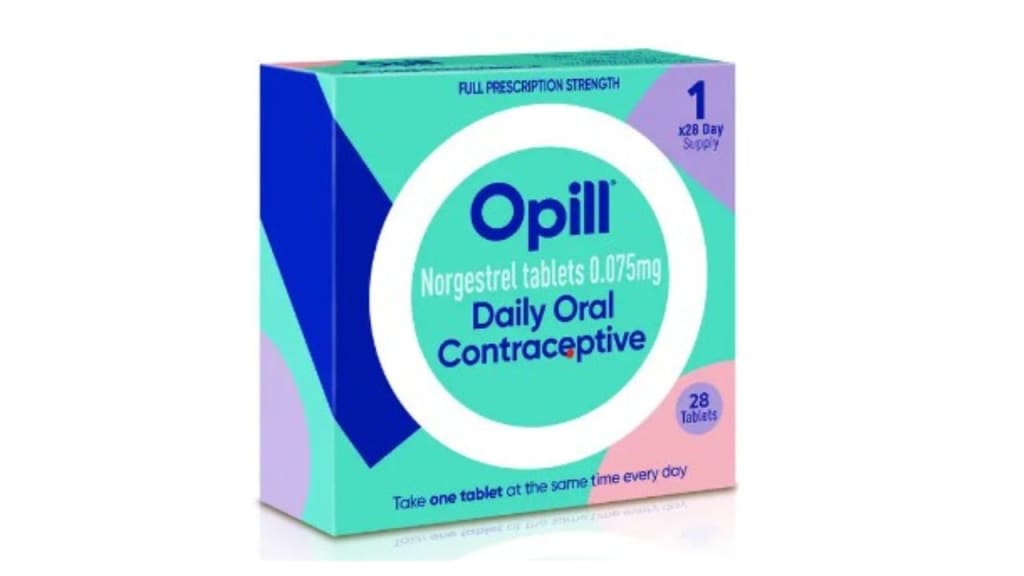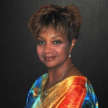FDA's Nonprescription Birth Control Pill Approval Empowers Women's Health Choices
The authorization of over-the-counter birth control pills by the FDA gives women greater autonomy in making decisions about their health."

As a woman, I understand the importance of having access to birth control options that suit my lifestyle and preferences. That’s why I was thrilled to hear about the recent FDA approval of nonprescription birth control pills. This groundbreaking decision is a significant step forward for women's health and empowerment. In this article, I will explore the history of birth control and women's health choices, what nonprescription birth control pills are, their benefits and potential risks, how to use them, and other nonprescription contraceptive options. I will also discuss the impact of FDA approval on women's health and empowerment, the future of birth control and women's health, and my final thoughts on the subject.
The History of Birth Control and Women's Health Choices
For centuries, women have been searching for ways to control their reproductive health. From the use of herbal remedies to the invention of modern contraceptives, the history of birth control is a long and complicated one. In the early 20th century, the birth control movement gained momentum in the US, and women began to fight for their reproductive rights. However, it wasn't until 1960 that the first birth control pill was approved by the FDA, revolutionizing women's health choices. Since then, the development of new types of contraceptives has continued, but access to birth control has remained a contentious issue.
What are Nonprescription Birth Control Pills?
Nonprescription birth control pills are oral contraceptives that can be purchased over the counter without a prescription. They contain the same hormones as prescription birth control pills and work by preventing ovulation, thickening cervical mucus, and altering the uterine lining. Nonprescription birth control pills are taken daily, at the same time each day, to ensure maximum effectiveness.
The Benefits of Nonprescription Birth Control Pills
The FDA approval of nonprescription birth control pills has numerous benefits for women's health and empowerment. Firstly, it increases access to birth control options for women who may not have a regular doctor or health insurance. It also allows women to avoid the cost and time associated with regular doctor visits and prescriptions. Additionally, nonprescription birth control pills provide women with greater control over their reproductive health and enable them to make informed decisions about their bodies.
The Potential Risks and Side Effects of Nonprescription Birth Control Pills
Like all contraceptives, nonprescription birth control pills have potential risks and side effects. Some common side effects include headaches, nausea, mood changes, and changes in menstrual patterns. However, these side effects are usually mild and go away after a few months of use. Nonprescription birth control pills can also increase the risk of blood clots in some women, particularly those who smoke or have a history of blood clots. It is essential to talk to a healthcare provider before starting any new birth control regimen.
How to Use Nonprescription Birth Control Pills
To use nonprescription birth control pills effectively, it is essential to follow the instructions carefully. They should be taken at the same time each day, and if a pill is missed, it should be taken as soon as possible. If more than one pill is missed, additional contraceptive measures should be taken. It is also important to be aware of potential drug interactions and to avoid taking certain medications while on birth control.
Other Nonprescription Contraceptive Options
In addition to nonprescription birth control pills, there are several other nonprescription contraceptive options, including condoms, spermicides, and contraceptive sponges. While these methods may not be as effective as hormonal contraceptives, they can still provide reliable protection against unintended pregnancy.
The Impact of FDA Approval on Women's Health and Empowerment
The FDA approval of nonprescription birth control pills is a significant milestone for women's health and empowerment. It gives women greater control over their reproductive health and encourages informed decision-making. It also increases access to birth control options for women who may not have had access before. This decision is a step forward in the fight for reproductive rights and gender equality.
The Future of Birth Control and Women's Health
The FDA approval of nonprescription birth control pills is just one step in the ongoing development of new birth control options. As technology and medicine continue to advance, we can expect to see more innovative and effective birth control methods in the future. However, access to these options remains an issue for many women, and there is still much work to be done to ensure equal access to reproductive healthcare.
Conclusion and Final Thoughts
The FDA approval of nonprescription birth control pills is a significant victory for women's health and empowerment. It provides greater access to birth control options and encourages informed decision-making. However, it is essential to be aware of the potential risks and side effects and to talk to a healthcare provider before starting any new birth control regimen. As we look to the future, we must continue to fight for equal access to reproductive healthcare and support women's rights to make informed decisions about their bodies.
Final Thoughts
As a woman, I am thrilled to see the FDA approval of nonprescription birth control pills. This decision is a significant step forward in the fight for reproductive rights and gender equality. By increasing access to birth control options and empowering women to make informed decisions about their bodies, we can improve women's health and well-being. However, it is essential to be aware of the potential risks and side effects of nonprescription birth control pills and to talk to a healthcare provider before starting any new birth control regimen. I hope that in the future, we can continue to develop new and innovative birth control options and ensure that all women have equal access to reproductive healthcare.
About the Creator
Ivonne Manning
I'm Ivonne, the creator of "Millionaire Blog Post." I empower others with a millionaire mindset through valuable insights and affiliate links that connect readers to valuable resources.






Comments
There are no comments for this story
Be the first to respond and start the conversation.